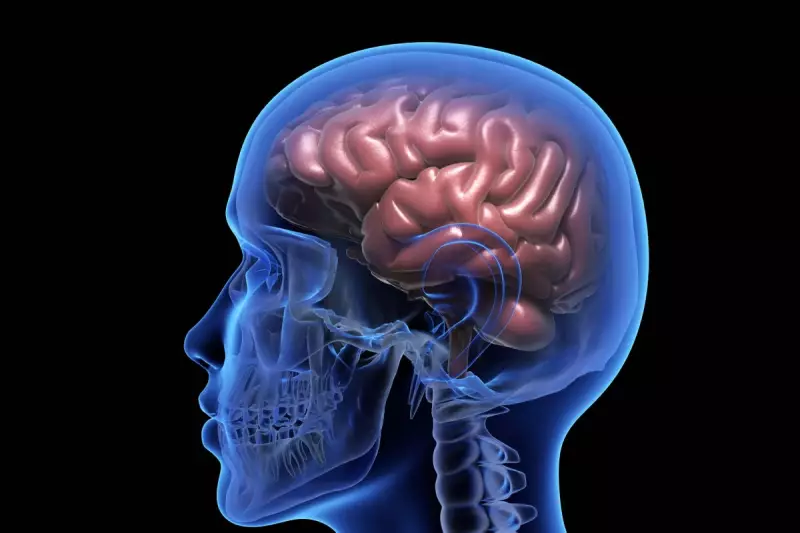
In a revolutionary discovery that could transform how we treat Parkinson's disease, scientists have identified a previously unknown mechanism driving the condition's progression. Research from the prestigious Francis Crick Institute reveals that the activation of the brain's immune system plays a pivotal role in advancing this debilitating neurological disorder.
The Immune System Connection
The study, conducted in collaboration with University College London and the University of Cambridge, demonstrates how immune responses within the brain contribute significantly to Parkinson's development. This finding represents a major shift in understanding what causes the disease to worsen over time.
Dr Sonia Gandhi, senior author of the research, explained: "Our work reveals that inflammation isn't just a consequence of Parkinson's—it's actively driving the disease forward. This changes everything about how we approach potential treatments."
Research Methodology and Findings
Scientists employed cutting-edge techniques to examine brain tissue from both Parkinson's patients and healthy individuals. They discovered that specific immune cells in the brain become abnormally activated in Parkinson's cases, creating a destructive cycle of inflammation and neuronal damage.
The research team identified particular proteins and cellular pathways involved in this harmful process. These findings provide concrete targets for future drug development aimed at interrupting the disease's progression.
Implications for Future Treatment
This breakthrough opens exciting new avenues for therapeutic intervention. Rather than simply managing symptoms, future treatments could potentially slow or even halt Parkinson's advancement by targeting the immune mechanisms identified in this study.
Professor John Hardy, a leading neuroscientist not involved in the study, commented: "This research represents a significant step forward. Understanding the immune system's role gives us entirely new strategies to combat this devastating condition."
The findings have generated considerable excitement within the medical community, with researchers now exploring how to translate these discoveries into effective clinical treatments that could benefit millions worldwide.





